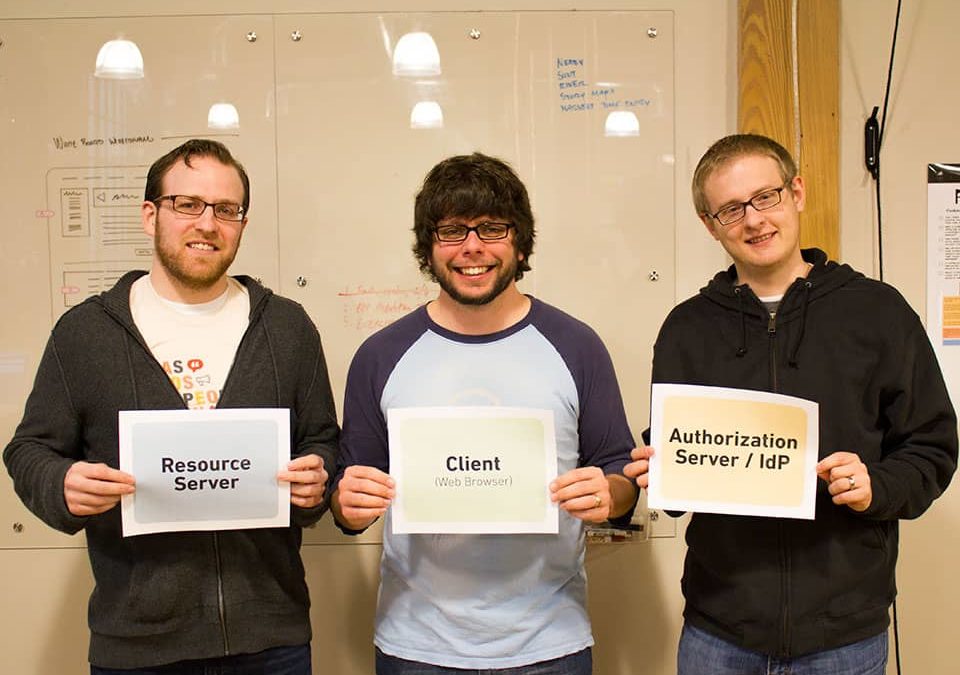Assumption Mapping: How It Will Help You Create Great Custom Software

When building custom software, it’s crucial to recognize and address assumptions that may impact the project’s success. Assumption mapping is a valuable exercise to identify these assumptions, understand their potential impact, and determine which ones need further validation before moving forward. By taking the time to map out and test your assumptions, you can reduce risks and create software that truly meets your business and user needs.
Prioritizing Your Custom App Features

When planning a custom app, it’s easy to feel overwhelmed by all the possibilities and features you want to include. The key to success is starting with divergent thinking, brainstorming all potential features without filtering. Then, prioritize those features, focusing on what’s essential for the initial launch while keeping future enhancements in mind. By following this process, you can ensure your app meets your customers’ needs and supports your business goals effectively.
Discover Your Users Before Creating Custom Software

When creating custom software, the most important rule is to keep the user at the center of the design. It’s essential to understand who will be using the software, their current behaviors, frustrations, and unmet needs to build a solution that is truly valuable and user-friendly. By focusing on user personas and their specific challenges, you can ensure your software effectively addresses real problems and enhances the lives of its users.
Human Behavior Evolves, Your Software Should Too

What does doing dishes have to do with building custom software? Just like dish soap evolved to meet changing user needs with the invention of the dishwasher, custom software must also adapt to the evolving behaviors of its users. In this blog post, we explore the importance of understanding user needs and behaviors in product design, and how continuous user research can ensure your software remains relevant and effective over time.
Custom Software Development and Its Impact On Your Business

We love building custom apps that make a real difference! But before diving into development, it’s crucial to understand the impact your app will have on your business. This blog post explores key questions to ask yourself during the planning process to ensure your custom software solution solves the right problems, meets your business goals, and offers a solid return on investment. Ready to get started? Download our free KeyQ planning tool to help you refine your app idea step-by-step.
Step 1 of Creating Your Custom Software: Describing Your Organization

You’ve downloaded the KeyQ Software Planner and are eager to start your custom software journey, but why is the first step focused on describing your organization? While it may seem unnecessary, taking the time to articulate your business clearly on paper is crucial for building a successful app. This step helps you refine your pitch and ensures that you have a solid foundation for making informed decisions, presenting your idea to stakeholders, and ultimately creating software that elevates your business.
Change the Way You Think About Creating a Custom App

At Mutually Human, we love creating custom apps that solve real business problems and bring amazing features to life for our clients. To help you get started on your own custom app journey, we’ve developed the KeyQ Software Planner—a free tool that guides you through the crucial questions and planning steps needed to build a successful app. This planner helps clarify your vision, identify key features, and map out the path to making your app a reality. Download the KeyQ Software Planner for free and start planning your dream app today!
You’ve Asked, We’ve Answered: FAQ’s About Custom Mobile Apps

If you’re considering building a custom mobile app, you likely have a lot of questions. From costs and timelines to the feasibility of your idea, it’s important to get the answers you need before making an investment. In this blog post, we address some of the most frequently asked questions about custom mobile app development, helping you understand what to expect and how to make the best decisions for your business.
What Features Should My Company’s Custom Mobile Apps Have?

Creating a custom mobile app for your business is an exciting step, but deciding which features to include in the initial build can be challenging. Focusing on your short-term and long-term business needs is essential to determining the best features for your MVP (Minimum Viable Product). This blog post explores how to prioritize features that provide the most value and set the foundation for future enhancements, ensuring your app meets user needs while staying on budget.
How Do I Know If a Custom Mobile App Is Right For My Organization?

A custom mobile app can be a powerful tool for building customer loyalty and enhancing service, but it’s crucial to evaluate your market, business goals, and existing customer base before diving into development. If your audience is mobile-driven and you have a clear purpose for the app, it could be a valuable investment. This blog post explores key considerations to determine whether a custom mobile app is the right move for your business.
5 Benefits of Custom Mobile Apps

When it comes to creating a mobile app for your business, a custom solution offers unparalleled advantages. Unlike out-of-the-box options, custom apps are tailored to your specific needs, allowing you to optimize customer interactions, enhance security, and leverage device features. In this blog post, we explore the top benefits of custom mobile apps and how they can give your business a competitive edge.
Choosing an SSO Strategy: SAML vs OAuth2

This post reflects on exploring and implementing both SAML and OAuth2 for Single Sign On in a heterogeneous app environment.




